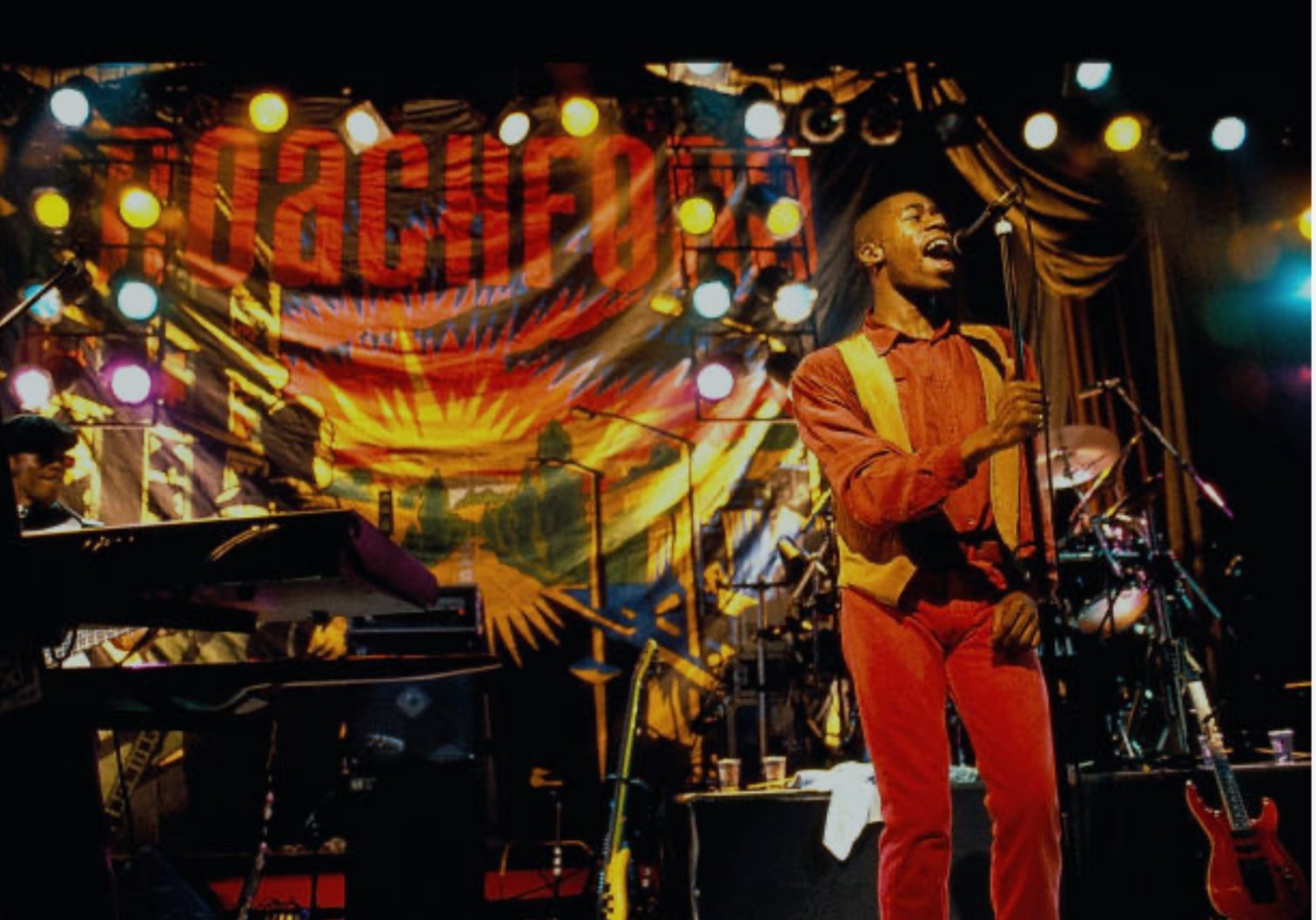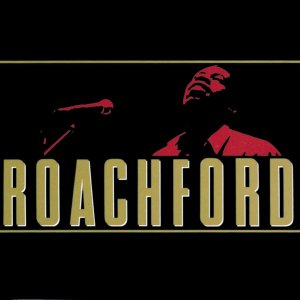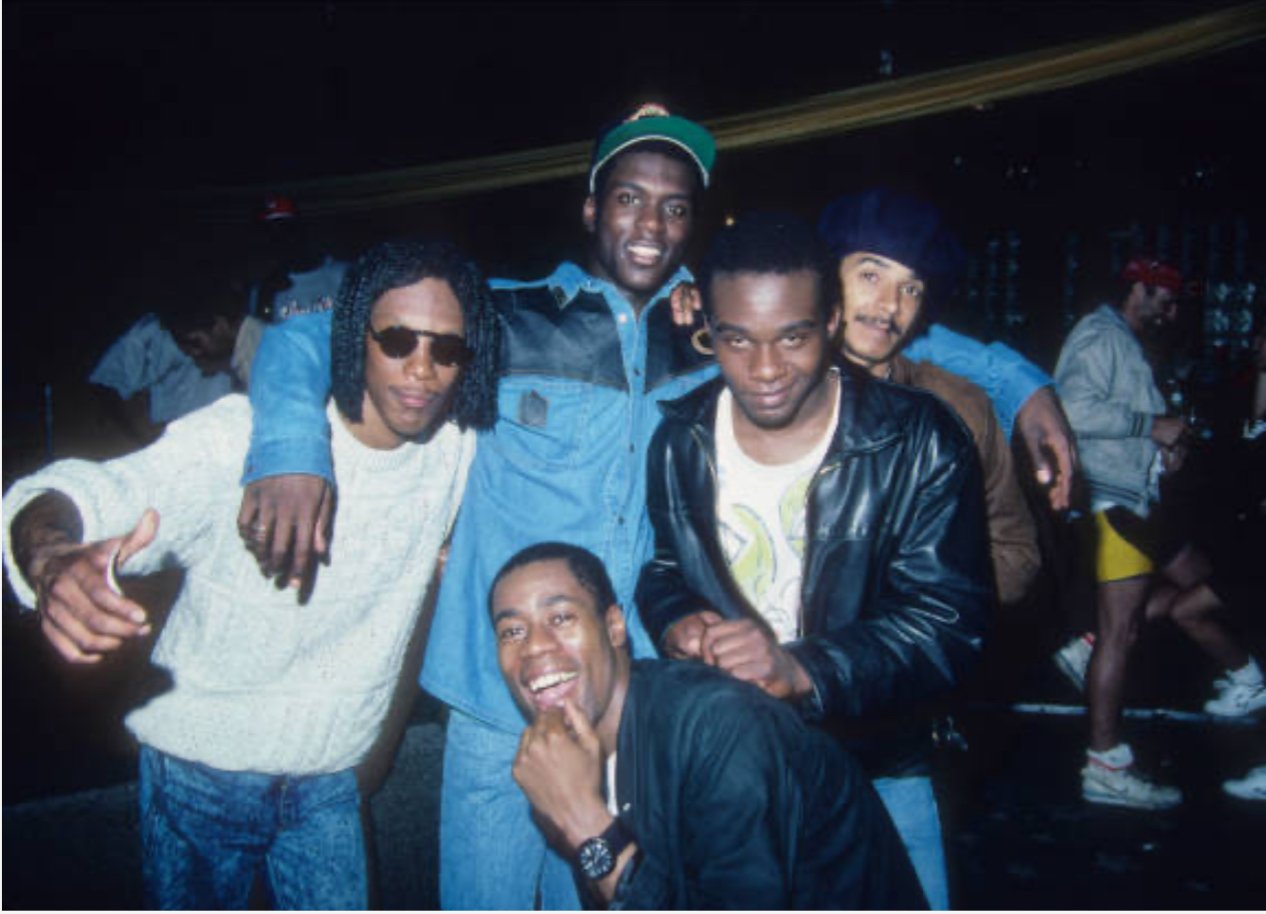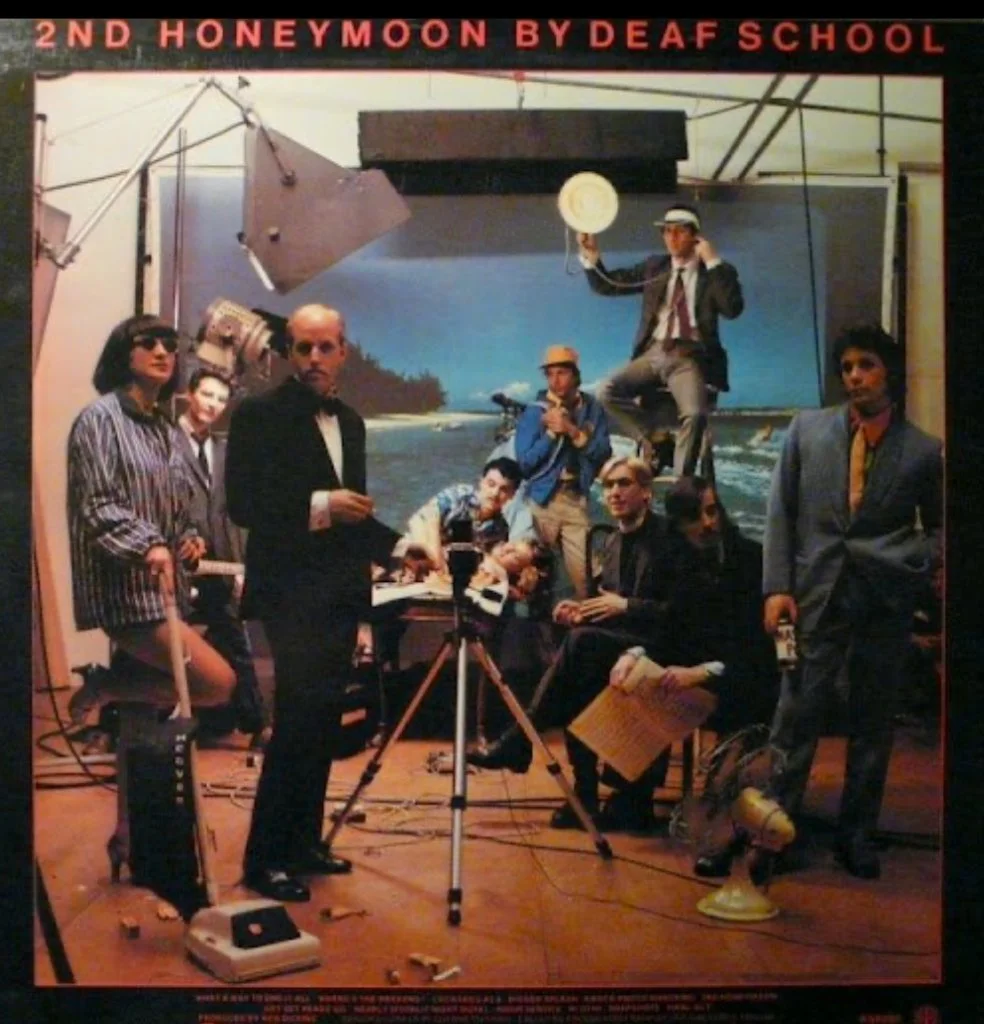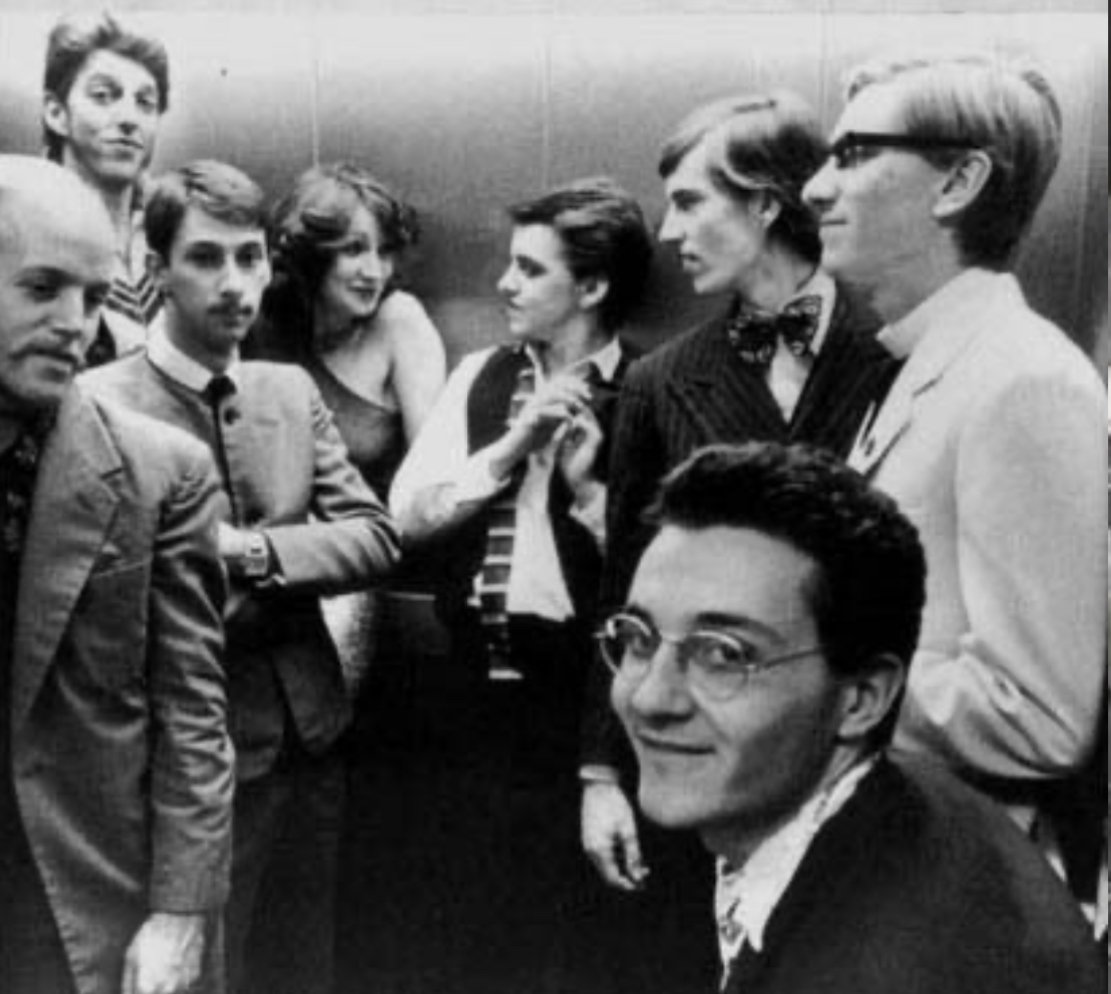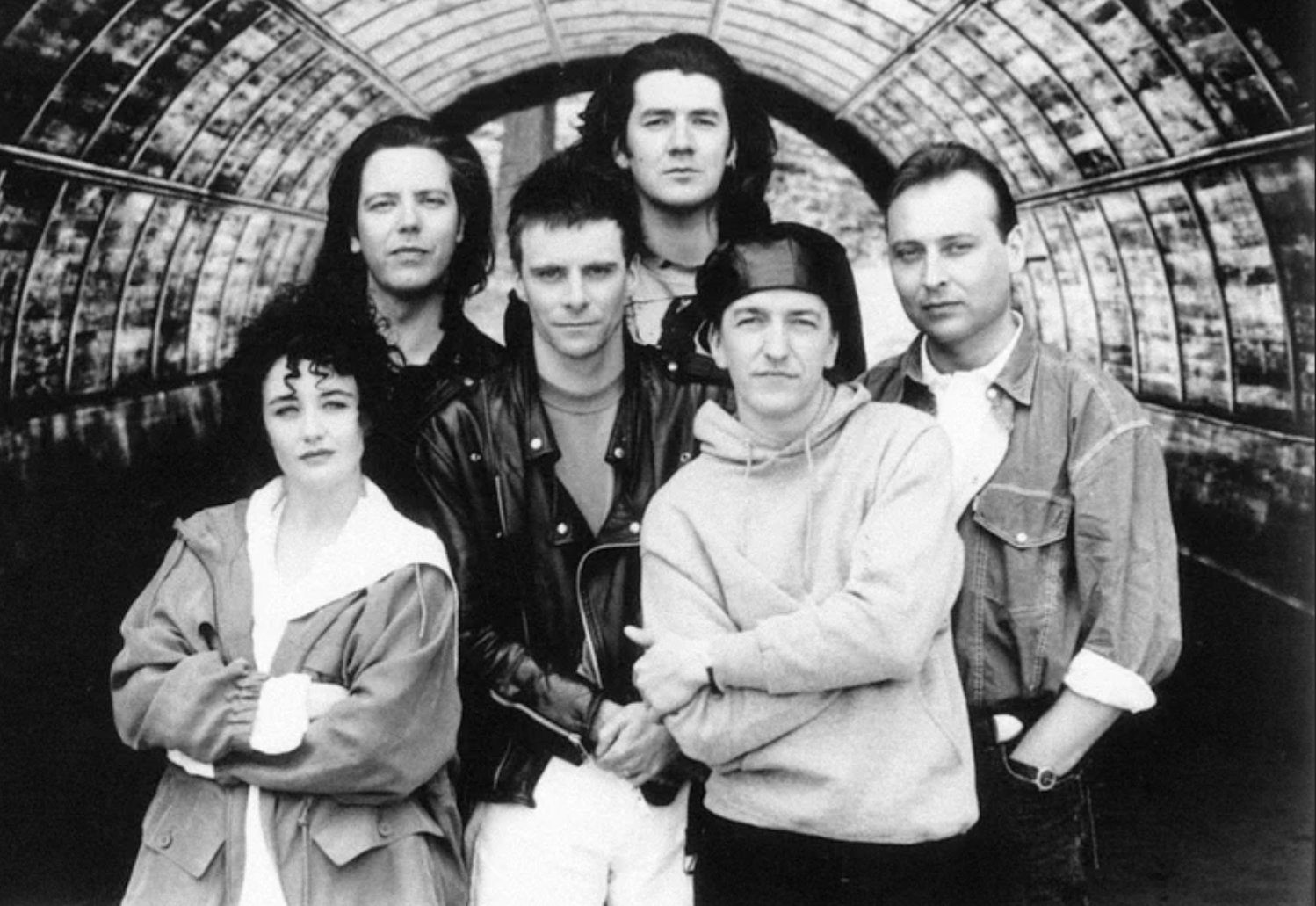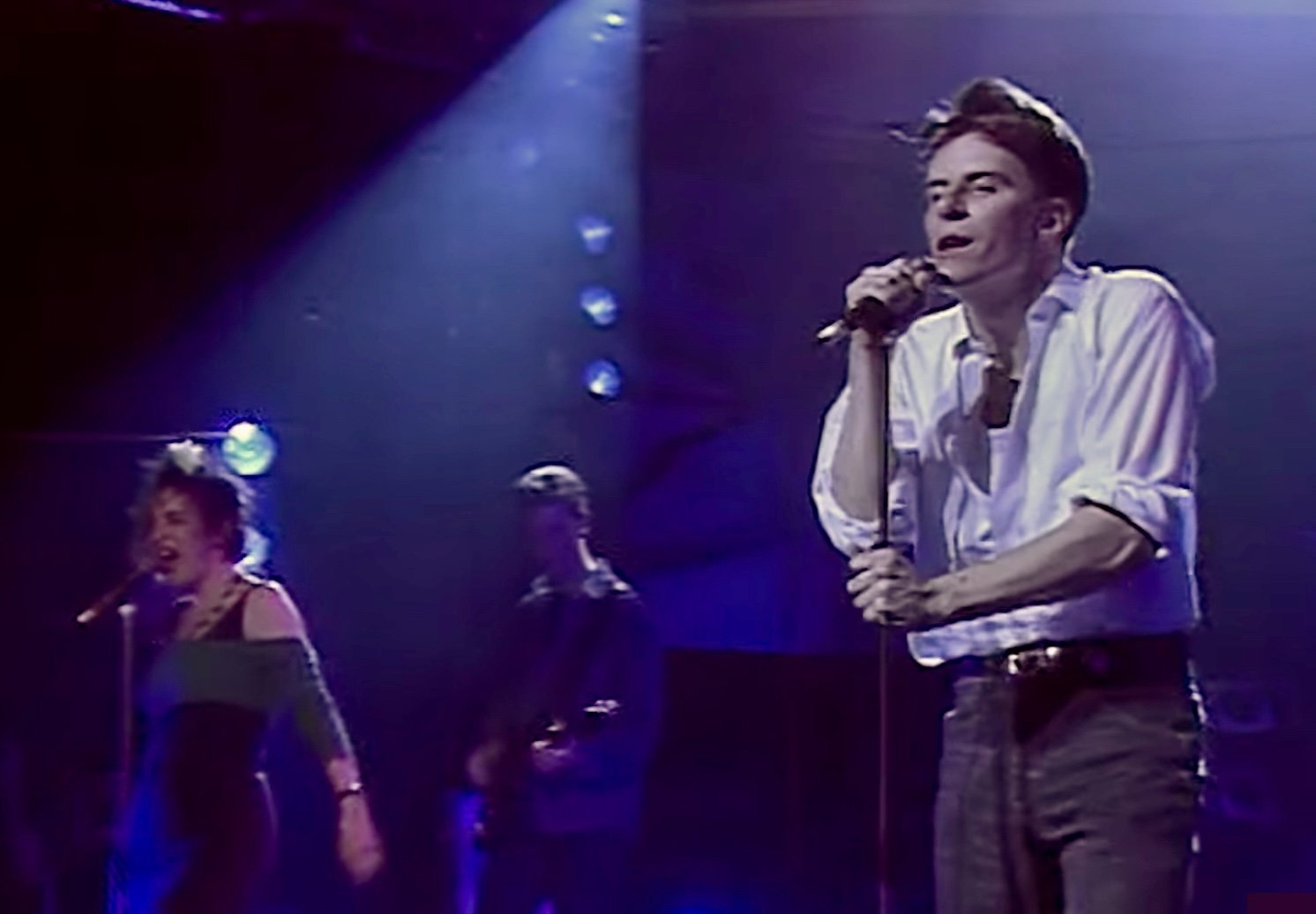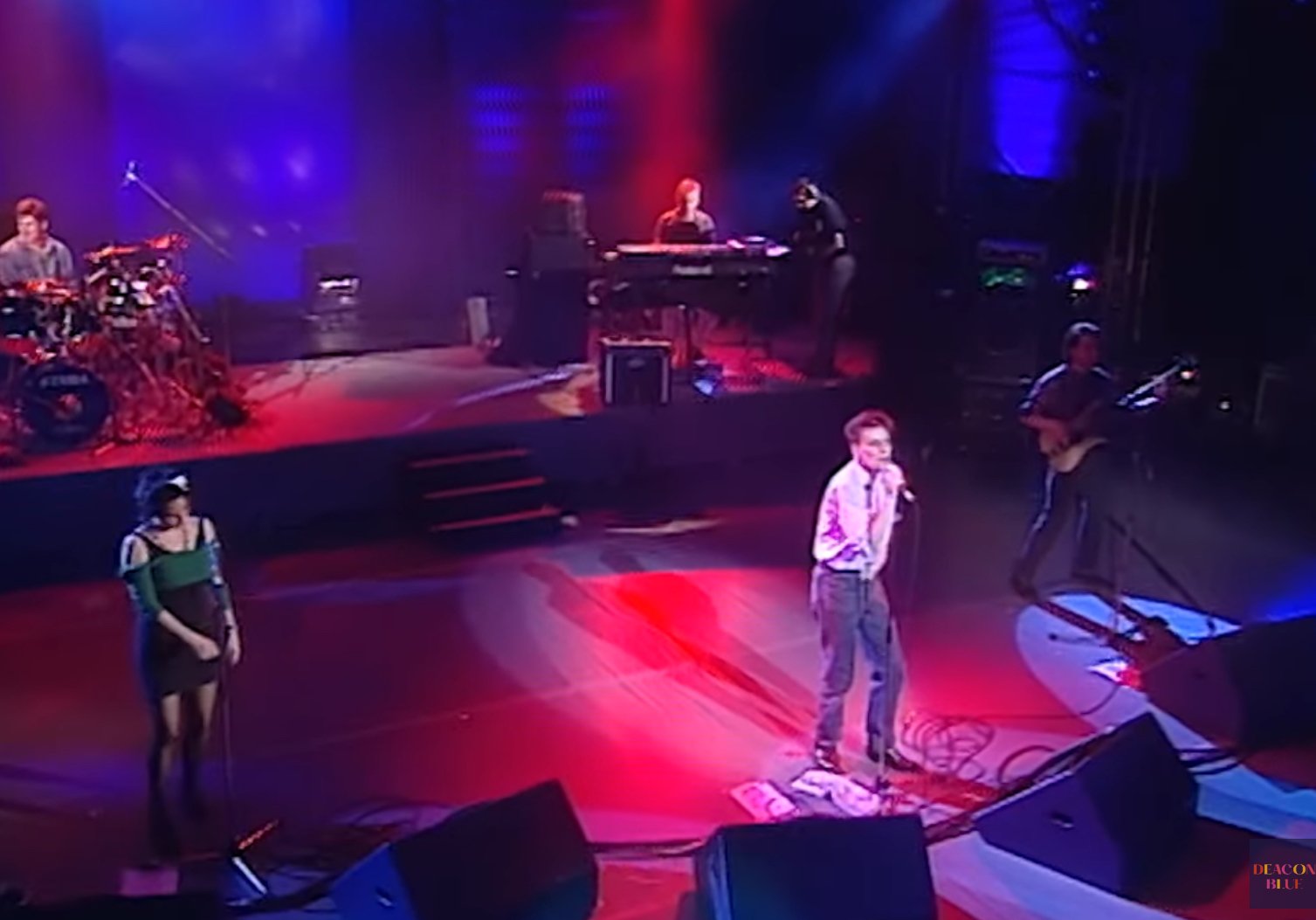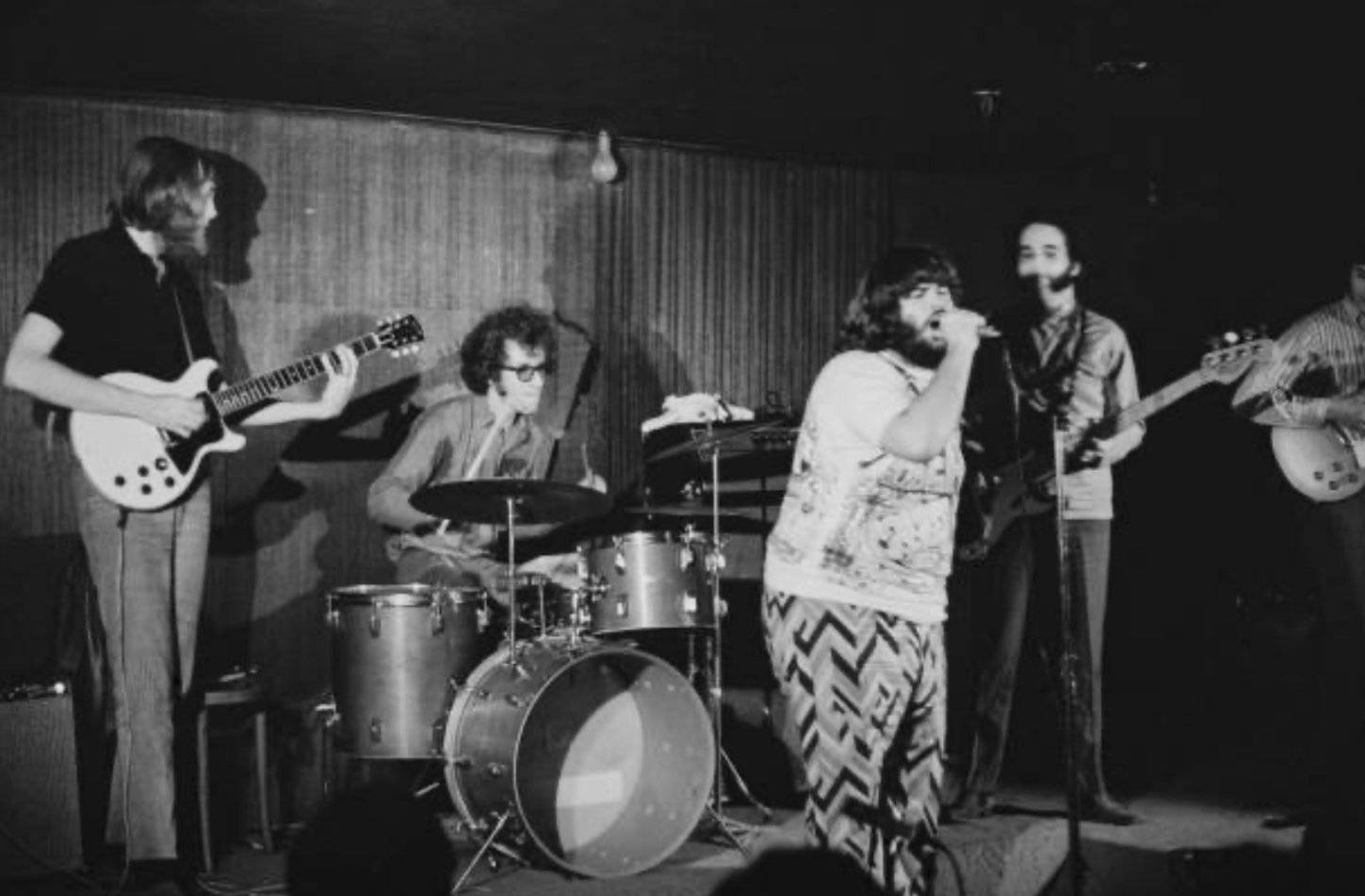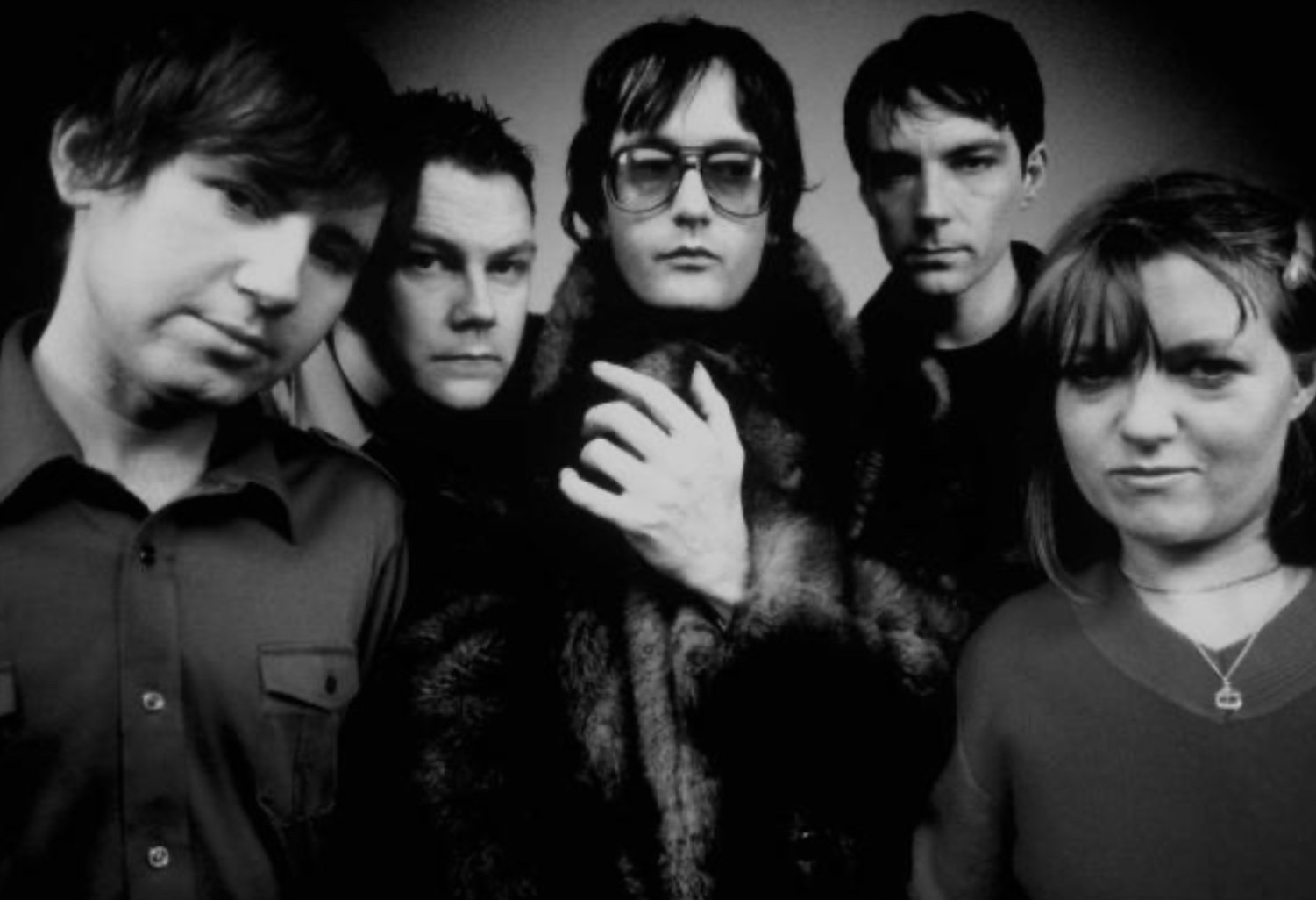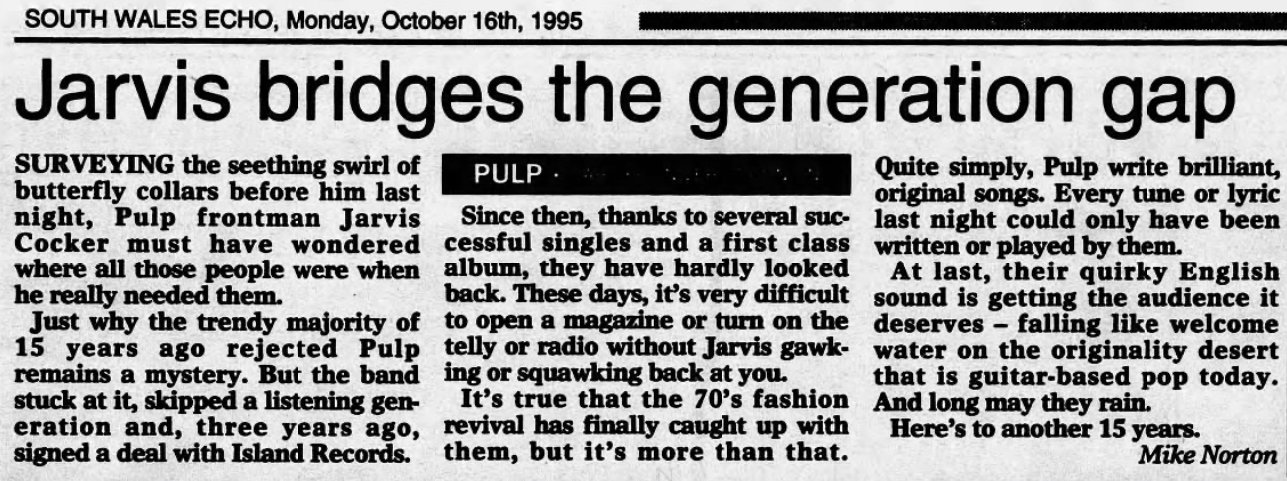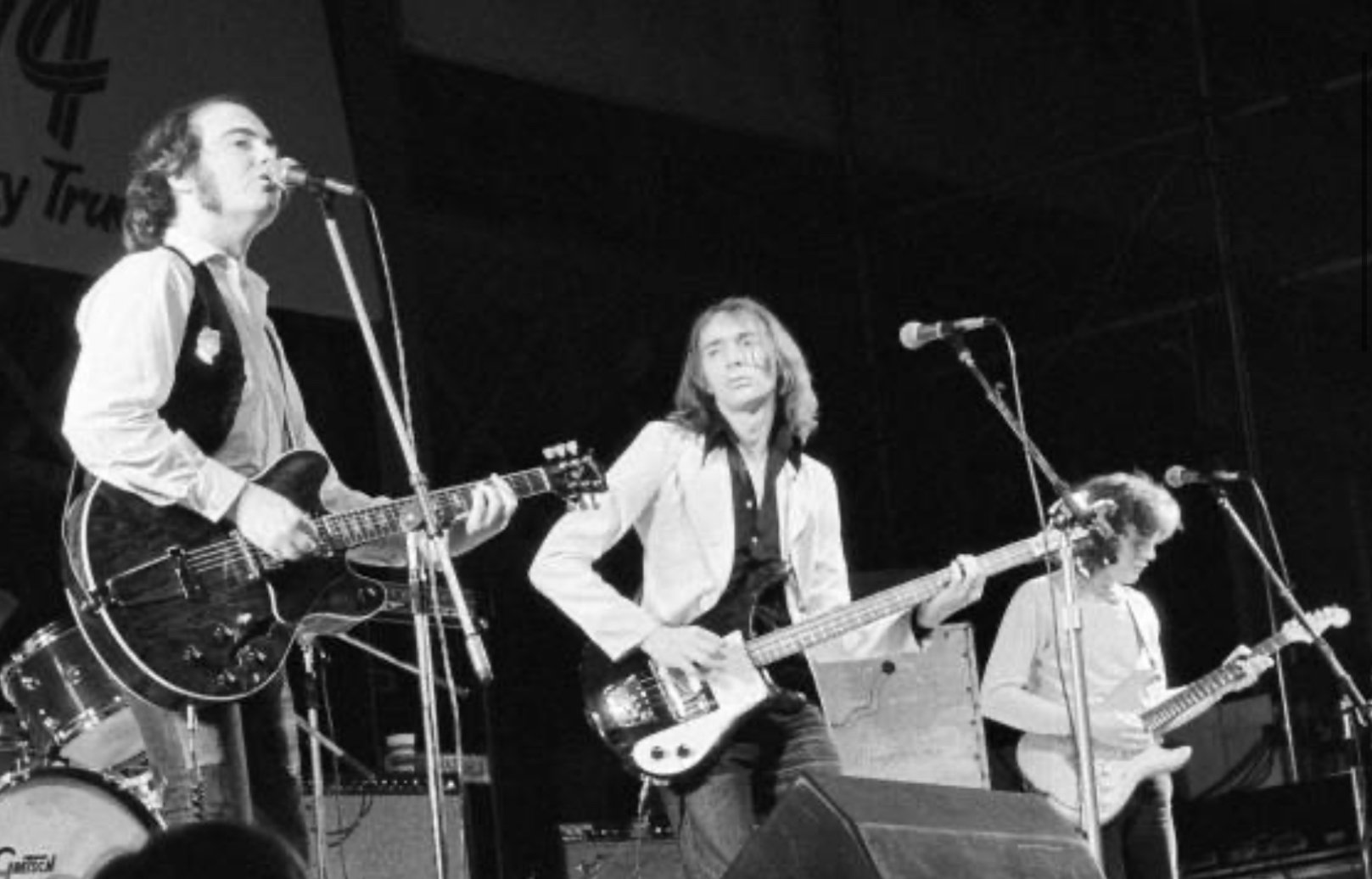Images may be subject to copyright
On this day, 22 October 1988, rock band Roachford played Cardiff University. The band, lead by vocalist Andrew Roachford had just released their debut album Roachford which peaked at #11 in the UK album charts.
Andrew Roachford was born in London, England to parents of West Indian descent. The band of the same name was formed in 1987, the line-up featuring Andrew Roachford (vocals, keyboards, percussion), Chris Taylor (drums), Hawi Gondwe (guitars) and Derrick Taylor (bass guitar).
By 1988, the band were touring, supporting acts such as Terence Trent D'Arby and the Christians. Shortly afterward, a seven-album recording contract with Columbia was signed. They went on to have a string of success throughout the 1990s, becoming Columbia's biggest-selling UK act for ten years.


